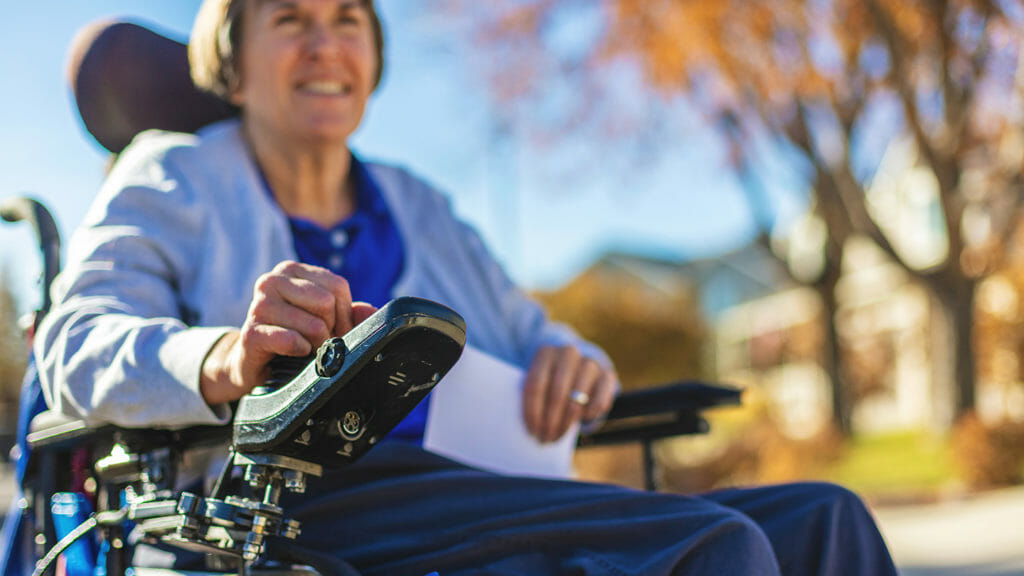
With the summer approaching, the United States is about to experience warmer weather, and this can be especially difficult for older adults. According to a new study, heat waves raise the risk for emergency department and hospital admissions for people with disabilities.
The study appeared this month in The Lancet Planetary Health. Investigators from Pusan National University in South Korea assessed 18 years of hospitalization data, which included health records from 59,527 beneficiaries with disabilities and 1,060,797 beneficiaries without disabilities from the Korean National Health Insurance Service–National Sample Cohort database.
The team examined emergency department admissions during the warm months (June to September) between 2002 and 2019. The team looked at physical disabilities, brain lesion disorders, vision impairments, hearing disabilities and hospitalizations for cardiovascular, genitourinary, mental and respiratory diseases. In South Korea, 2.7 million people live with disabilities, the authors noted.
“Ours is a nationwide study to present scientific data on the hazardous effects of heat
on the health of people with disabilities,” Whanhee Lee, PhD, an assistant professor at the School of Biomedical Convergence Engineering at Pusan National University, Korea, said in a statement.
Being exposed to heat raised the risk for hospitalizations in those with disabilities, especially for those with mental and respiratory ailments. People over 65, females, those with brain lesion disorders and those with severe physical disabilities were more vulnerable to the heat. Compared to those who didn’t have disabilities, people with disabilities who were exposed to heat had a 1.07 times higher risk for hospitalization, with a fourfold increase in ED admissions and medical costs that were seven times higher.
The authors said the country needs well-informed public health policies to support and address the specific needs of people with disabilities.
“As far as we know, there are still a limited number of guidelines against climate change in the context of people with disabilities,” Lee said. “Our study sheds light on the importance of considering populations with disabilities while developing guidelines against climate change.”



